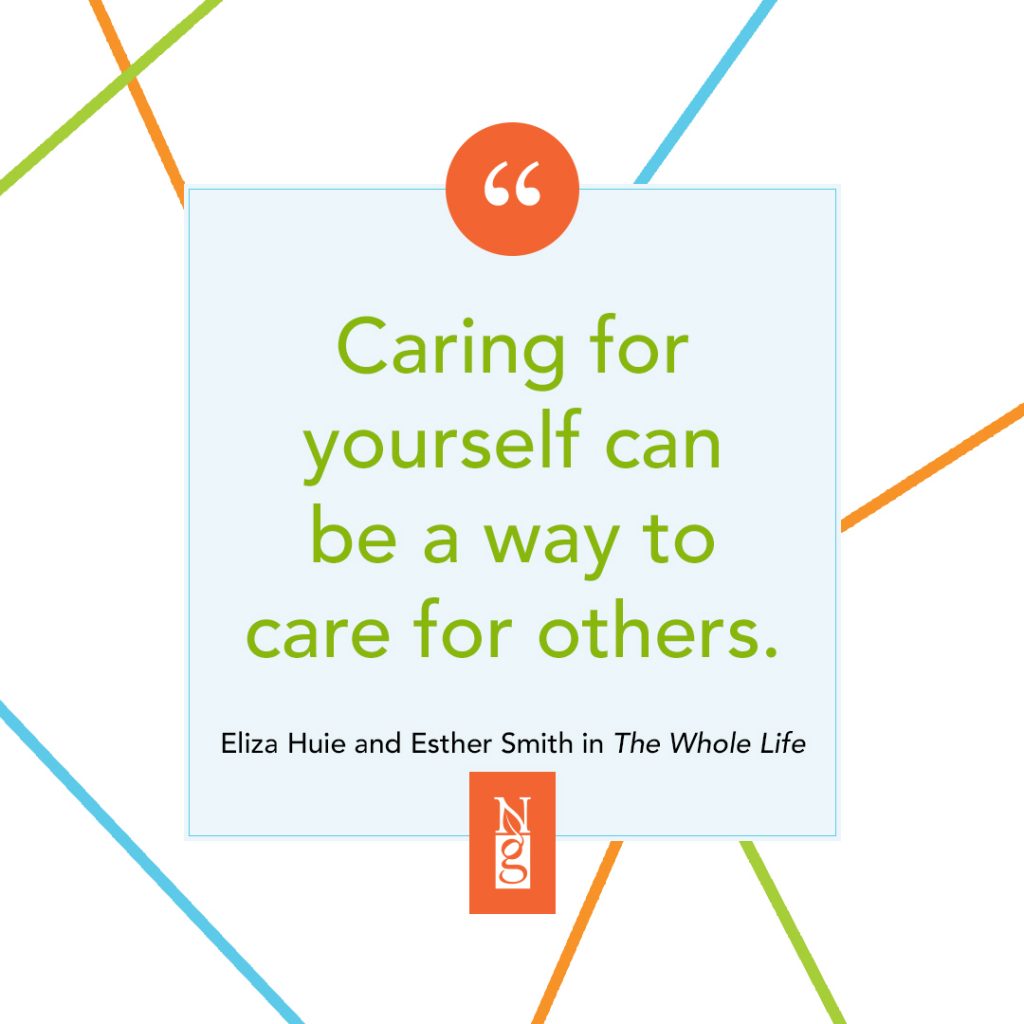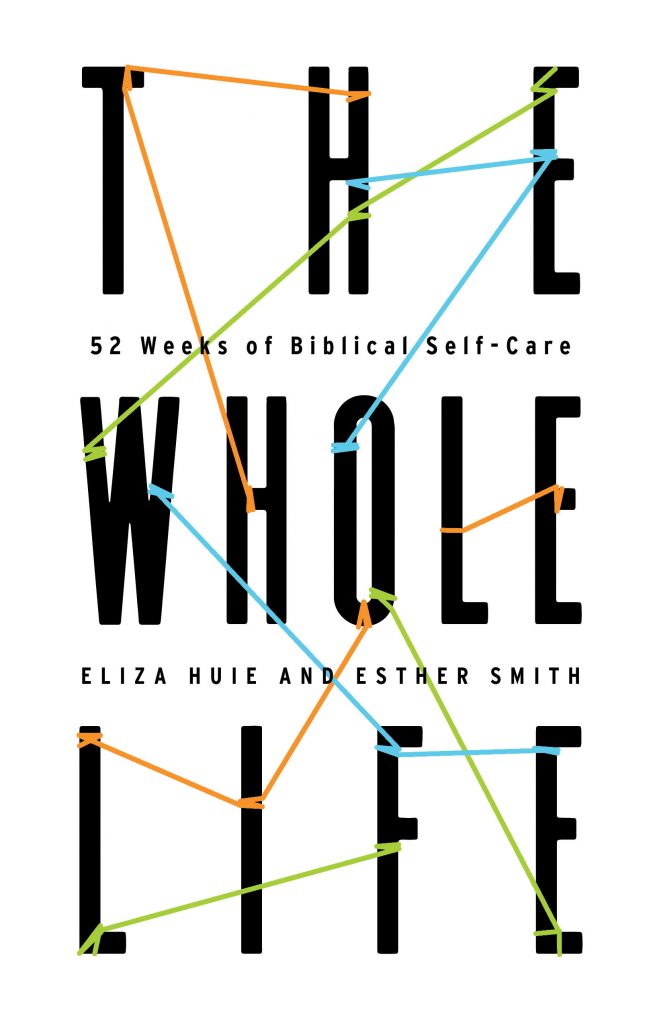Where am I?
It’s a question I sometimes ask myself. This question is less about where I am located and more about the state of my heart, mind, body, and relationships. When I ask myself where I am, I’m really asking a series of other important questions. How am I doing mentally and emotionally? Where am I spiritually? What is my body telling me? How healthy are my relationships?
This question also helps me situate myself within my current season of life. Is this a season where work and service should take precedence? Or do I sense God inviting me into a season of rest? Is suffering the predominant background of my life today? Or does my current season lend itself to celebration and joy? Quite often I find it is some mixture of the above.
Notice Where You Are
Where are you?
Naming where we are is important for many reasons. One reason is that it helps us assess what self-care should look like in our current season of life. Our need for self-care changes as we face various forms of suffering, as natural rhythms of work change, as we notice signs of burnout, and as we consider the specific ways people need us right now.
In some seasons, self-care should take a higher priority. In others, it may need to temporarily be placed on the back burner as God calls us to deny ourselves for the sake of others. As I enter 2022, I want to be mindful of where God has placed me. I want to consider what is happening inside of me and notice what is happening around me and embrace the season I am in.
Embrace Where You Are
This year, I want to embrace times of self-denial. Jesus calls me to deny myself for the sake of others (Matthew 16:24). I want to pay attention to those days, weeks, months, and years when people and tasks especially need me. I want to notice the ways God has equipped me and the resources he has given me. Am I sharing what I have? Am I going above and beyond to serve people with all my heart?
This year, I want to embrace times of self-care. Jesus invites me to care for my body, mind, soul, and relationships (Mark 6:31–32). I want to pay attention to those seasons when my inner state and outer circumstances alert me that self-care should be a higher priority. Has sleep become elusive or do I feel exhausted all the time? Am I struggling to connect with God? Have grief, suffering, or pain sapped me of my motivation and joy? Is my body screaming for my attention? Do I feel lonely or have my relationships been placed on the back burner? I want to notice signs like these when I am struggling. I want to pay attention to those times when failing to care for myself impacts not just me but also other people.
Both self-care and self-denial can be difficult for different reasons. Selfishness can make us hesitate when we notice opportunities to deny ourselves for others. Guilt and shame can make us question if it’s ok to care for ourselves. The answer to both these difficulties lies in a final question.

Notice Your Neighbor
Where is your neighbor?
Our biblical responsibility to deny ourselves and take care of ourselves makes sense when we recognize that both are practiced in community. We self-deny for others and let others self-deny for us. We rest as others take over and take over to allow others to rest. We let go of selfishness, guilt, and shame, as we pause and remember that in God’s economy there are always enough resources to go around (2 Corinthians 9:11).
In difficult seasons of my life when I had little to give and had to prioritize my own needs, other people stepped in. They denied themselves and carried my burdens in ways I was unable to do for myself. In other seasons, God blessed me with immense resources. He equipped me to set aside my own wants and needs for the sake of others.
My self-care depends on you. Your self-care depends on me. In community, my needs and resources divinely collide with the needs and resources of my neighbor.
So where are you? And where is your neighbor? The beginning of a new year is a good time to ask these questions. If you have not yet taken the time, pause for a moment. Notice where you are. Consider the state of your soul, mind, body, and relationships. What do you need and what do you have to give? Then consider your neighbor. What do they need and what do they have to offer?
Write down what you notice. Share it out loud with a friend. Together, commit to embracing both seasons of self-care and self-denial in the coming year.






